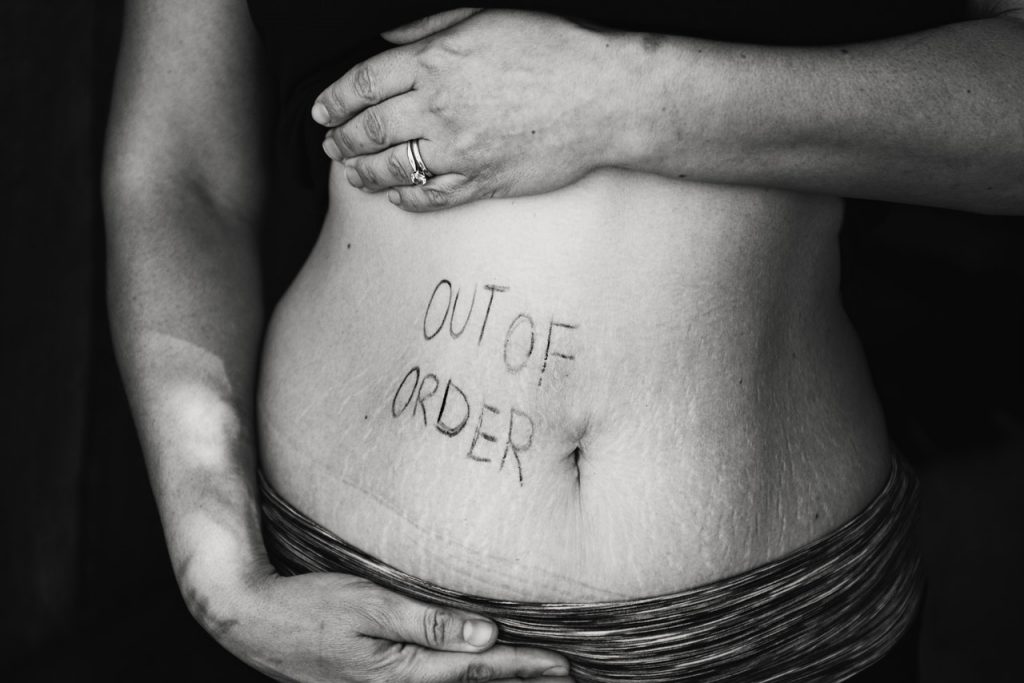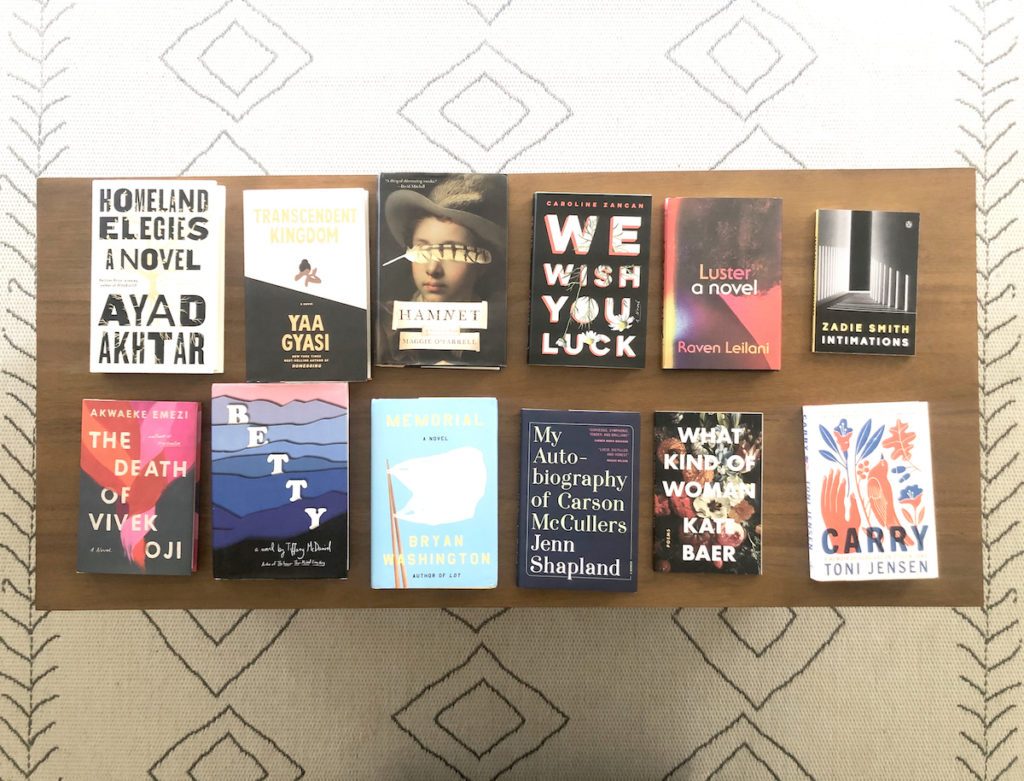
The 12 Best Books of 2020
Our favorite novels of the year, plus a book of essays by a legend, a poetry collection by a new kind of Instagram darling, and two exceptional memoirs.
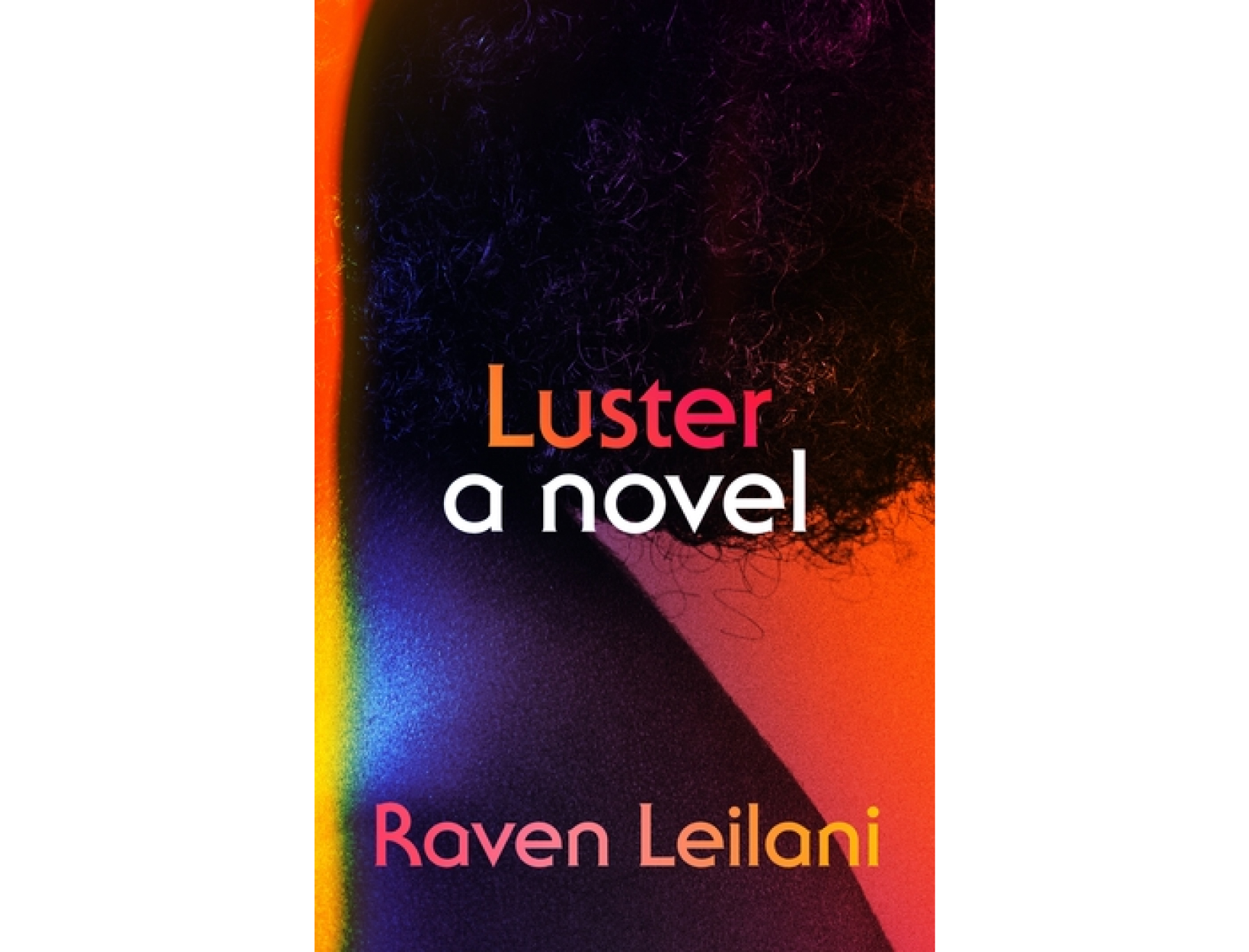
Luster by Raven Leilani
Raven Leilani’s debut novel is about a twentysomething Black woman named Edie who is working in publishing (until she’s fired for being “sexually inappropriate”—read an excerpt about that) and not succeeding in pursuing her art (she is a talented painter, as is Leilani herself). When we meet Edie, she’s just begun dating Eric, who is twenty-three years her senior, in an open marriage, and White. But perhaps the most interesting relationship in the book is between Edie and Eric’s wife, Rebecca, who is a medical examiner. (We read Luster in August for goop Book Club; you can watch the conversation with Leilani here.)

Memorial by Bryan Washington
Bryan Washington’s writing is a treasure. His first novel, Memorial, is about Benson and Mike, two young men living together in Houston, whose relationship is fizzling out when two things happen at the same time: Mike’s mother, Mitsuko, arrives from Tokyo for a visit. And Mike leaves for Osaka to see his estranged father, who is dying. It’s brilliant, funny, true. (If you haven’t already, we also recommend reading Washington’s story collection, Lot, which we did for the July edition of goop Book Club. You can watch him talking about it here.)
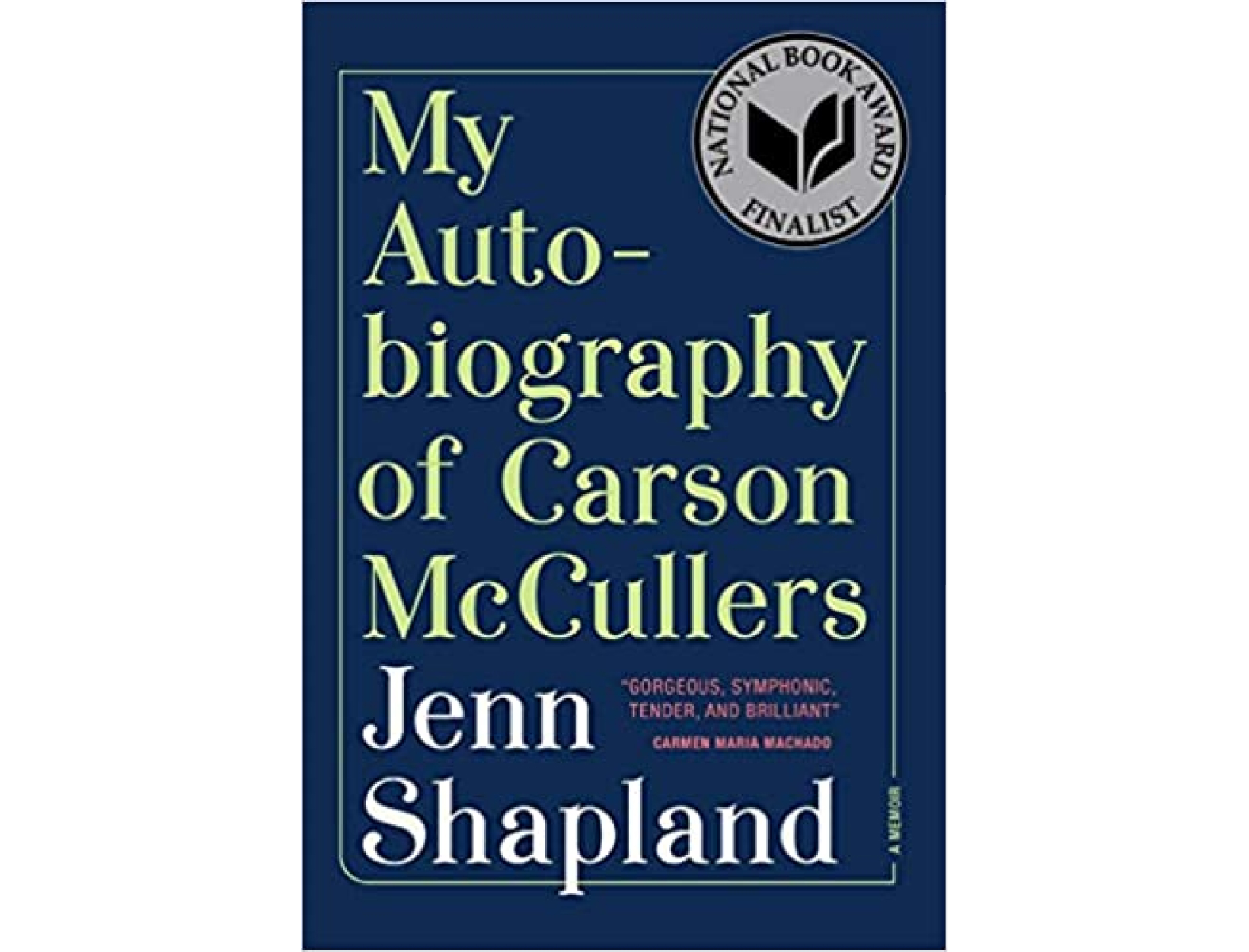
My Autobiography of Carson McCullers by Jenn Shapland
A finalist for the National Book Award and longlisted for the Andrew Carnegie Medal for Excellence in Nonfiction, this inventive memoir from writer Jenn Shapland tells us about the love letters she came across while working as an archives intern. The letters were between Carson McCullers (who is best known for her 1940 novel The Heart Is a Lonely Hunter) and a woman named Annemarie. Shapland, who identifies as a lesbian, sees herself in their words. And she decides to find out who McCullers really was—and if there’s a reason why she’s never been described as a lesbian. What follows is a succinct, thought-provoking exploration of women’s sexuality and the language that has been used to describe and limit our desires throughout history.

Hamnet by Maggie O’Farrell
An entrancing drama about a propulsive and passionate marriage and a young boy that history has forgotten. Set in England in the 1580s, Hamnet is the kind of historical fiction that transports you across time and space while making you feel as if the action is unspooling in front of you, now. The story begins when a young Latin teacher (William Shakespeare, you might know him?) with little money and a few demons meets Agnes, who is, at the time, walking her family’s land with a kestrel on her hand. Agnes is seductive and intuitive, perhaps a little wild, perhaps an extraordinary healer, perhaps destined to be a devoted mother, and perhaps the force that will shape that man’s life, career, and legacy. (We also read this one for goop Book Club—in November.)

Betty by Tiffany McDaniel
Prepare to be undone. In the category of A Little Life, this is one of those rare books, full of tragedy and trauma, that is so stunning, so beautiful, so piercing, you could never forget it. Tiffany McDaniel: wow, wow, wow. Betty is inspired by McDaniel’s mother and tells the story of a resilient, curious girl named Betty, the sixth of eight siblings, born to a Cherokee father who instills in her a wonder for the land outside her window.

Homeland Elegies by Ayad Akhtar
Pulitzer Prize–winning author Ayad Akhtar returned with a masterpiece, a story about a son and his immigrant father who are trying to make sense of what it takes to be an American in the years and decades after 9/11. While some critics have referred to Homeland Elegies as an autobiographical novel and others have called it autofiction, Akhtar himself said he thinks of it as “literary reality television.” Which is brilliant.

We Wish You Luck by Caroline Zancan
We Wish You Luck is set on the fictional Fielding campus and spans ten-day periods over a few Januarys and Junes when a miscellaneous group of hopeful and hopeless writers gather for a low-residency MFA program. We fell right into this creative writing scene and the strange friendship that dominates it. We indulged in Caroline Zancan’s clever writing conceit—the story is told by a collective “we,” a chorus of Fielding students—and her elaborate revenge plot, which you just have to see through to the last dark deed.

The Death of Vivek Oji by Akwaeke Emezi
Reading The Death of Vivek Oji is a vivid experience, almost as if you were watching a movie on fast-forward. The story opens with the death of a teen named Vivek in a town in southeastern Nigeria. It moves through time and characters as you, the reader, try to put together Vivek’s life. It’s about loss, yes. But also about freedom and our capacity to imagine what it’s like to be someone else—or perhaps, more so, what it’s like simply to experience them as they are.

Transcendent Kingdom by Yaa Gyasi
Yaa Gyasi’s first novel, Homegoing, was an epic that spanned seven generations. Her second is a close-up. Transcendent Kingdom is about twenty-eight-year-old Gifty, who is trying to finish her doctorate in neuroscience at Stanford when her mother is pulled into her second severe depression and travels from Huntsville, Alabama (where Gifty grew up), to stay with her daughter. It’s about the big stuff: faith, science, family, death, purpose, heartbreak, hope. You might keep it together for a while. And then weep toward the end—not really because of any particular plot event but because Gyasi’s writing has a way of making you bare, of breaking you open.

What Kind of Woman by Kate Baer
Baer’s debut poetry collection was an instant number one New York Times bestseller. The book is a brief but memorable ninety-page journey through womanhood. In some poems, Baer holds a mirror up to the reader. In other poems, she blissfully breaks that mirror. And in others, she gives the readers a new lens to view the world through. It’s clever and honest, and this is the kind of person Baer is: Her author’s note will make you laugh. While you’re waiting for your book to arrive, follow her on Instagram, where she posts poems in response to idiotic DMs, using only words from the DM. Incredible.

Carry by Toni Jensen
Carry traces Jensen’s roots as a Métis woman, her childhood in rural Iowa, her intimate relationships, and her experiences teaching in college classrooms around the country. It also traces the history of Indigenous land and the people who have moved across it and been torn away from it. It’s about violence—the loud kind, the silent kind, the excused kind, the ignored kind, the domestic kind, the systemic kind. It’s striking. (Listen to Jensen on this episode of The goop Podcast and read a Q&A with her from our September round of goop Book Club.)
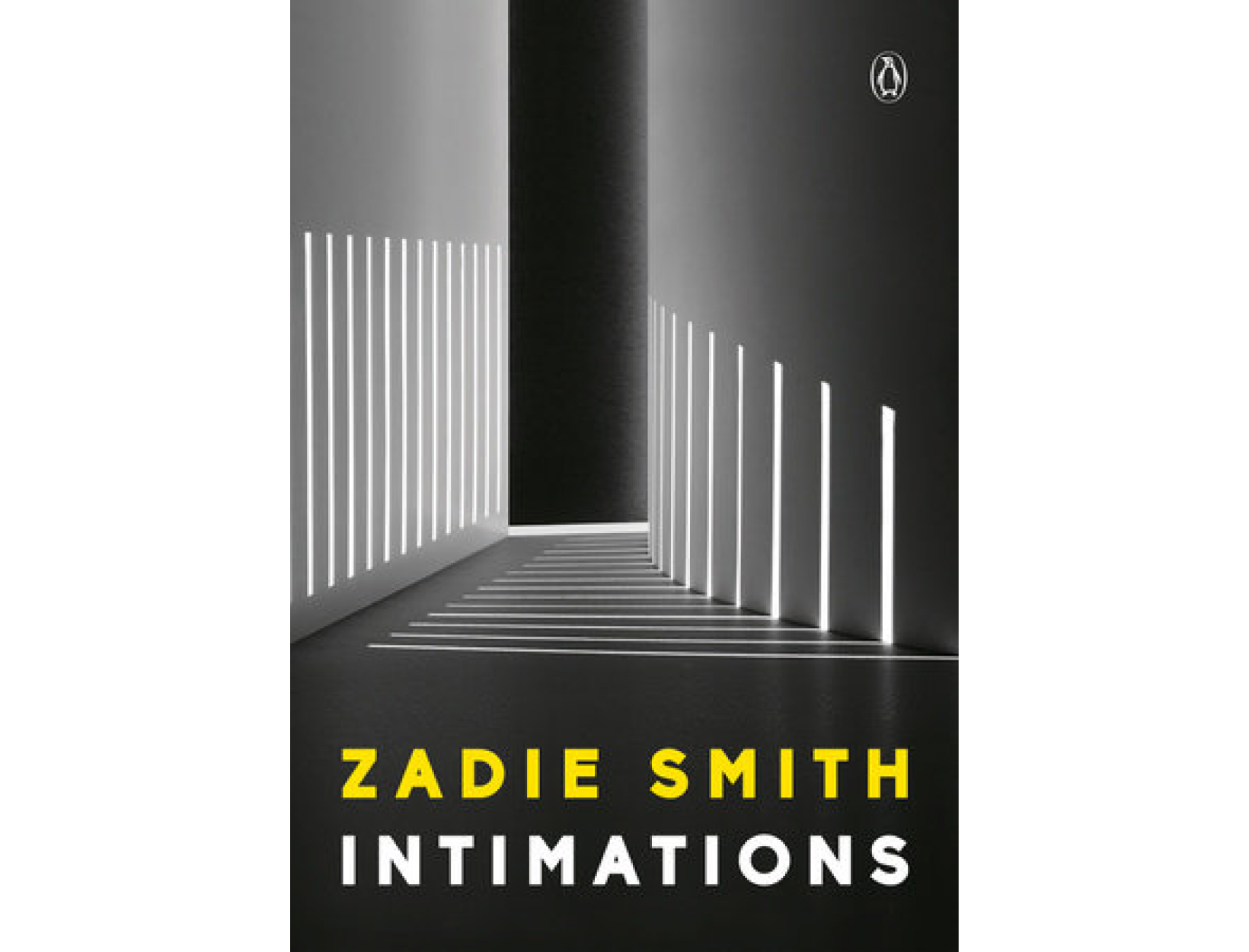
Intimations by Zadie Smith
There are six essays in Zadie Smith’s collection, which captures the pandemic moment we’ve been living in with a clarity that only Zadie Smith could unearth in the middle of a pandemic. Even when she’s pushing you to see your own complicity, it’s comforting to have her voice helping you make sense of the world.
We hope you enjoy the books recommended here. Our goal is to suggest only things we love and think you might, as well. We also like transparency, so, full disclosure: We may collect a share of sales or other compensation if you purchase through the external links on this page.


